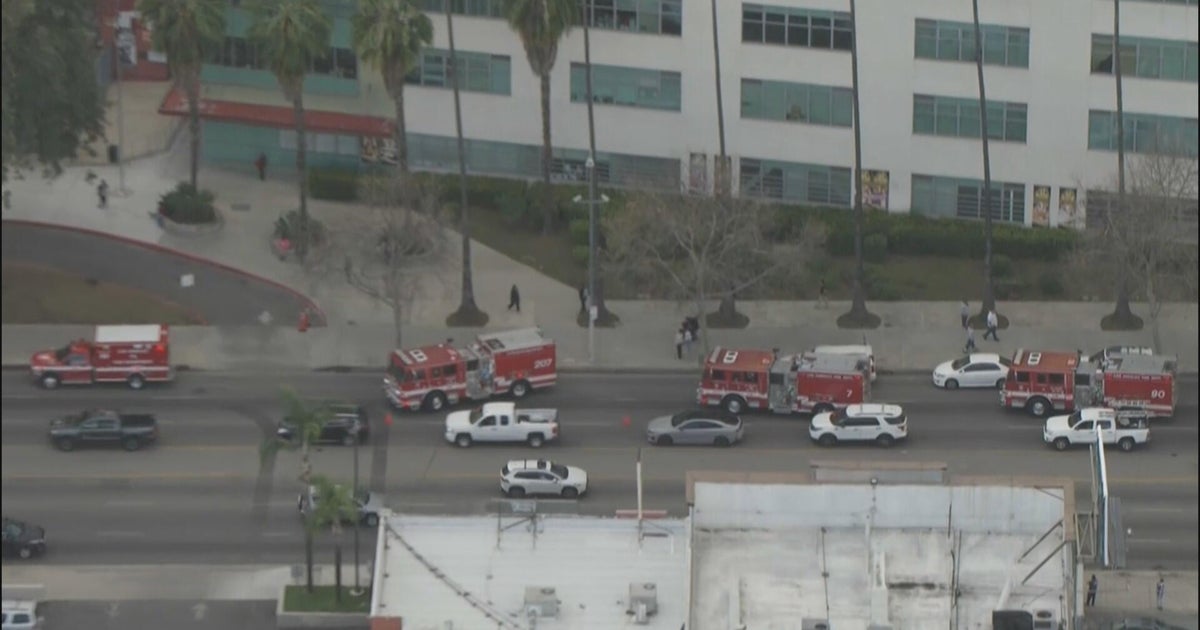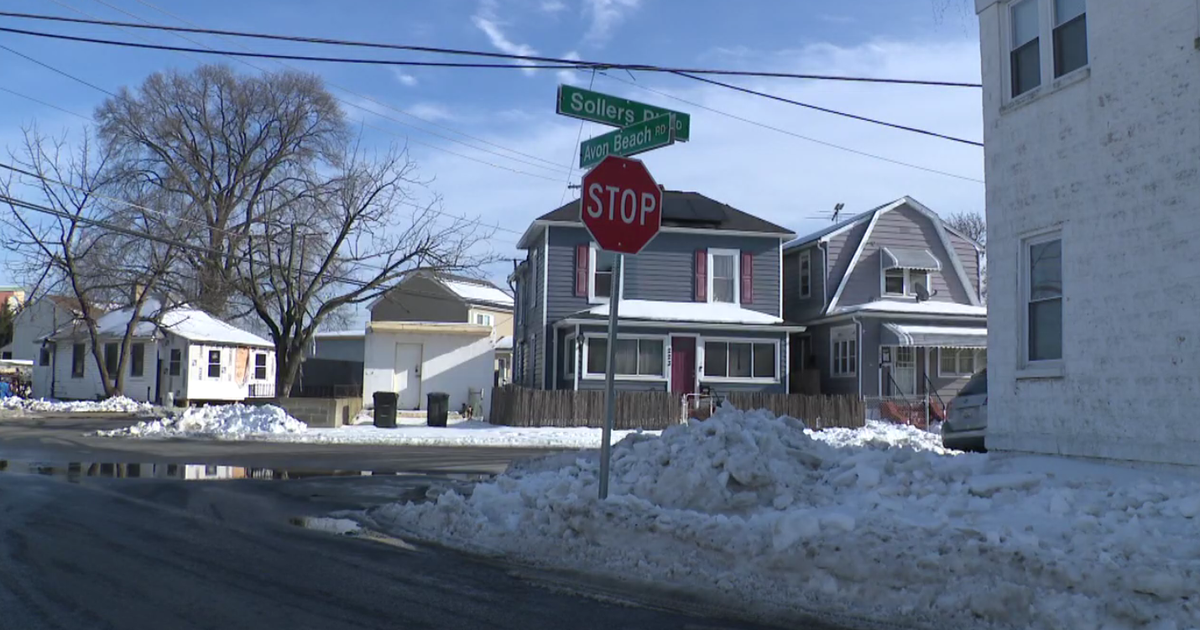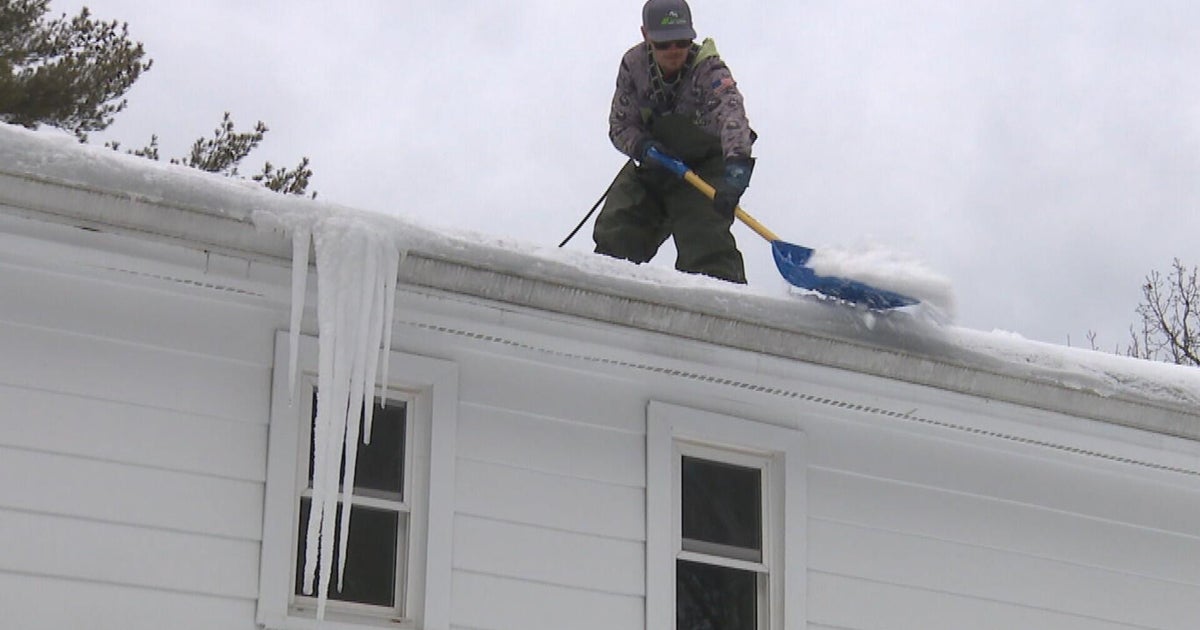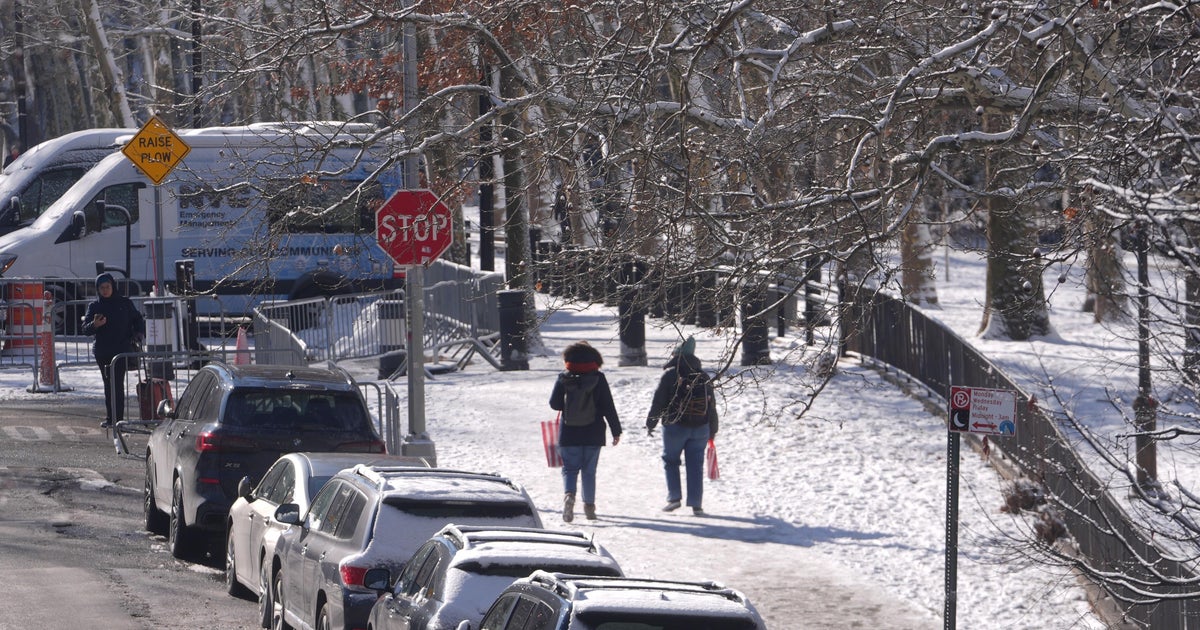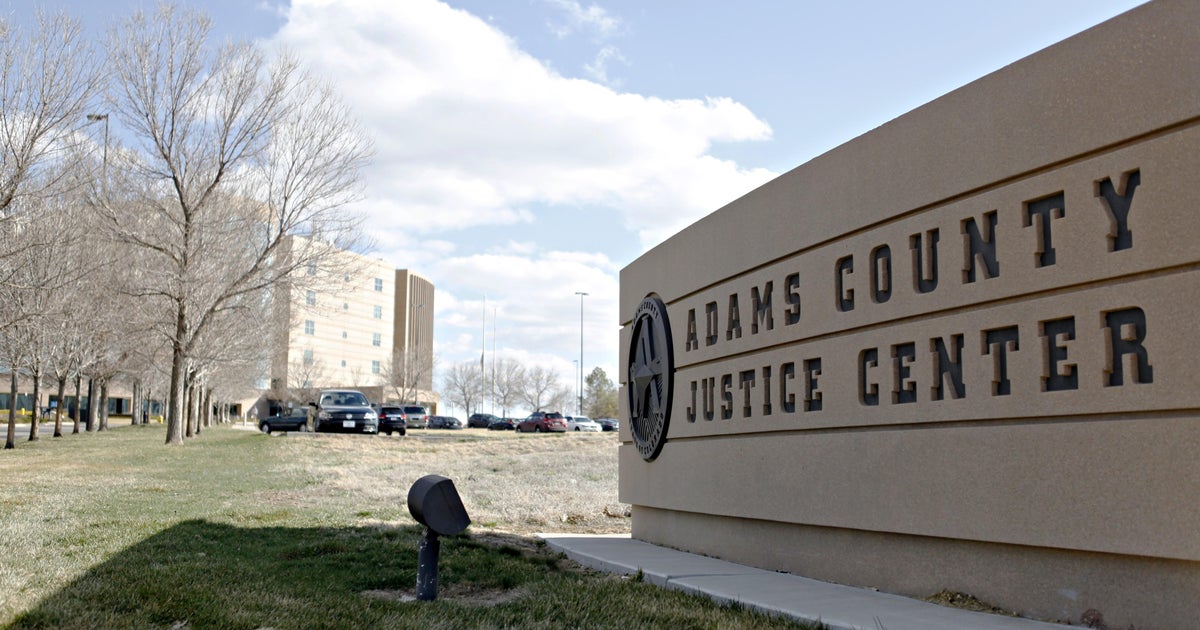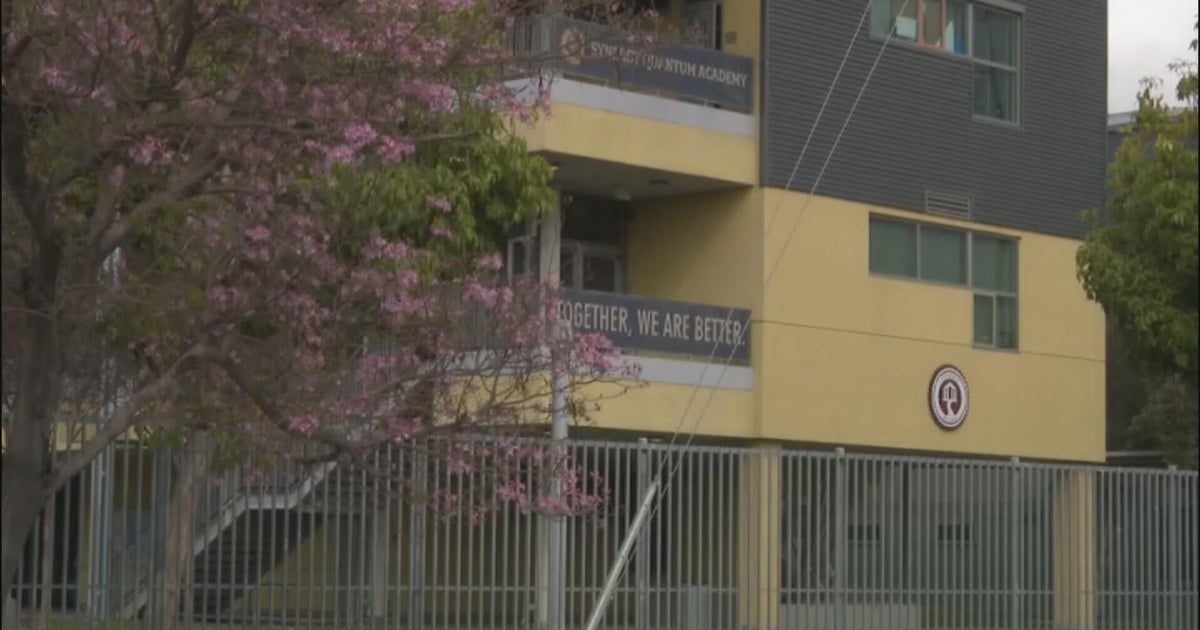Accidental Tuberculosis Release Causes Hazmat Scare At Johns Hopkins
BALTIMORE (WJZ/AP) -- A "small sample of frozen tuberculosis" was inadvertently released on a bridge between two cancer research buildings at Johns Hopkins Hospital on Thursday.
Fire officials said the hazmat situation began around 12:22 p.m.
Kim Hoppe, a spokeswoman with Johns Hopkins Medicine, said a small sample of frozen tuberculosis was "inadvertently released," prompting the evacuation of both buildings, neither of which connect to the hospital. Officials say the amount released was equivalent to a few drops.
Employees who were in the area where the release occurred were isolated and evaluated. Authorities later confirmed "that there was no risk to anyone on campus," Hoppe said.
"My keys are in there...I gotta get my keys. I can't get home without my car keys," said Hopkins employee Marcy Omondi.
Officials said there was no additional testing required for people inside the building.
Tuberculosis is caused by bacteria that can be spread through the air when an infected person speaks or coughs. It typically attacks the lungs, though it can damage other vital organs, as well.
In 2016, 10.4 million people around the world became sick with TB and 1.7 million people died from the disease, according to the Centers for Disease Control and Prevention.
In recent years, incidence of tuberculosis has been declining in the U.S., with a total of 9,272 cases in 2016.
Dr. Landon King, the executive vice dean for the JHU School of Medicine, said the sample was meant to be used for research purposes. He added it would take hours of exposure for there to be any significant health risk.
"There is no preventive measure or testing that is required for anybody in the buildings or on the campus as a result of this event," Dr. King said.
Hopkins officials said they will be conducting an investigation into the tuberculosis release.
Follow @WJZ on Twitter and like WJZ-TV | CBS Baltimore on Facebook
(© Copyright 2018 The Associated Press. All Rights Reserved. This material may not be published, broadcast, rewritten or redistributed.)
